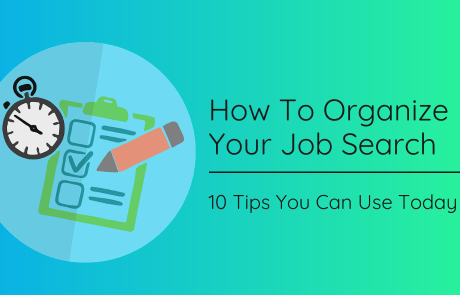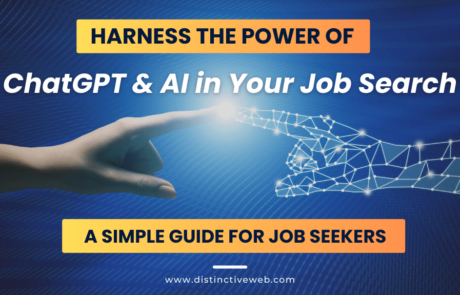
Small business owners find Google search a fast free tool to check their job candidates. Most large businesses now require a search for the same reasons. Moreover, the Google search links to your Facebook, Twitter, and LinkedIn profiles (and more), so if you are involved in a job search, you need to see your social media life the way employers can and do.
Googled yourself lately?
Vanity searches occur regularly for some and obsessively for others. People who use social media heavily find identity and self-affirmation in the comments and threads produced by their entries. If you want identity, it does not take much.
But, if you are looking for a job, that social identity can make or break you – mostly through your own doing. For starters, as soon as you create a Google profile, your name, occupation, location and photograph are public.The information should coincide with your resume, and the photograph should be flattering and professional.
A full profile also links to your other social media profiles.
If your do not maximize privacy settings, your profiles will link you to all your social media venues. On the other hand, if you make your Google profile totally private, why are you setting it up in the first place?
Go ahead and try it now. Put your name in quotes and Google yourself. For example, I would Google “Michelle Dumas.” If I tended to use my middle initial (which I don’t), I would search both ways. Now try Googling your name plus some keyword related to your profession (for me, that is “Michelle Dumas” + resume).
What is on the first three pages of results? What comes up for you? Is there anything positive? Anything negative? It is important to know as this is what employers and recruiters will see.
Who are you?
You may disagree, but you are the sum total of what you put into social media.When you brag, flirt, gossip, or trash talk, you create your public identity. You may regret it, deny it, or wish it away, but it is you that you put out there.
- Sharing trade secrets about previous employers
- Revelations of criminal behavior
- Boasting of alcohol or drug use
- Postings that appear racist, sexual, discriminatory, or otherwise inappropriate
- Posting inappropriate photos or images
- Displaying poor communication skills
- Revealing data that conflicts with application information
- Using unprofessional screen names or links
- Criticizing former co-workers or employers
- Exchanging extreme positions on current news
When you launch a job search, you ask employers to hire the candidate you have put in front of them. So, fit your internet profile and online identity to that presentation. Your digital footprint is all your own doing.
What’s a person to do?
The best piece of advice is to use social media in your own self-interest. That is not an easy task, but if you are in a job search or expect to be soon, you have to clean up your trail.
- Create odd identities for other public profiles that you prefer to keep private. Use a nickname, manufactured, or clever identity for your friends, family, and acquaintances only. Use that ID for your timelines, chat, and fun.
- Vacuum your public ID. Delete any embarrassing thing you can. (You will have to get your contacts to enable the removal of history they posted.)
- Maximize use of LinkedIn. You can post your resume, references, videos, multimedia presentations, and links to previous work. It has become the first choice of recruiters. If Monster and CareeerBuilder are part of your job search, make your profiles consistent with each other and with your job search goals.
- Use the many tools and sites available to fortify your online image. For example, create an About.me page for yourself, create a VisualCV, or start a Twitter account that you use solely for professional communication.
- To generate more positive and professional content that will appear when others search for you (and that have the added advantage of “burying” older, less flattering content), write and publish a few articles related to your profession as a guest blogger, on your own blog, or on one of the many article marketing sites.
You can also post book reviews of professional books you have read or leave comments on other blogs. In all cases, make sure the post or review or article includes your name.
- If you are technically savvy and really motivated to improve your online image and brand, consider making videos, audio podcasts, or PowerPoint slideshows related to your profession or industry that you post to sites like YouTube or Slideshare.
Not only does this help your Google results, it will dramatically boost your credibility when you link back to all this content from your LinkedIn profile or other online profiles.
The internet and social media can be your servant or your master. As its servant, you are the victim of every stupid, unthinking, knee-jerk comment that ever popped into your head. As its master, you can help shape and direct your identity. (After all, if someone Googles you and finds nothing, you may have a problem with invisibility.)
Finally, here’s a suggestion: if you do not want the digital profile to be a too perfect match to your resume, add some flattering links on the profile to your church work, volunteer experience, or your military service record. Who can resist you?
Find out how to improve your online identity and personal brand, download the infographic here. You can also download a slideshow version here.









